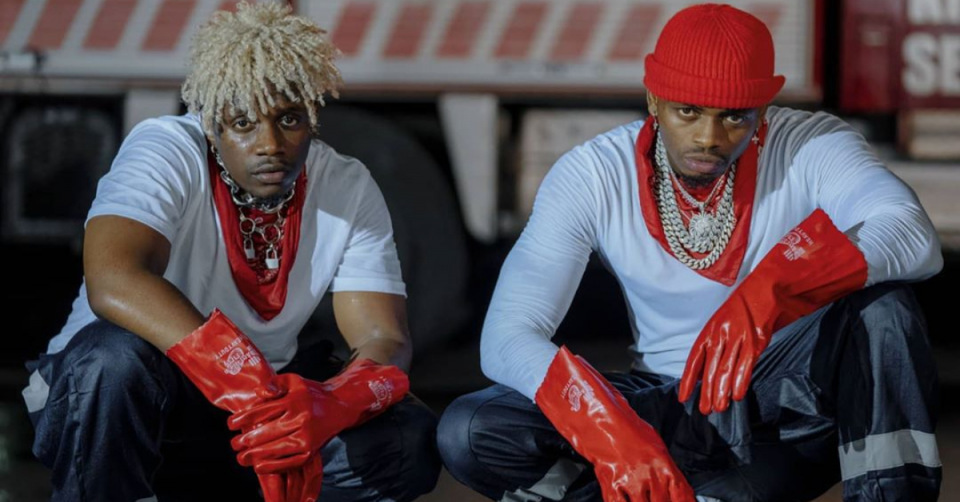Bongo Flava, the homegrown Tanzanian music genre that blends hip-hop, Afrobeat and Swahili storytelling, has become a cultural export with global appeal — but industry insiders warn that its future depends on greater protections and structural reform.
Artists such as Diamond Platnumz and Ali Kiba have propelled the genre to international stages, collaborating with global stars including Chris Brown and Jason Derulo. Their rise has brought new attention to Tanzanian music, but challenges remain.
Abdul Sykes, a veteran of the music industry with more than two decades of experience, said the lack of industry knowledge and business training among artists is stalling growth. “The knowledge of making money from streams came to us fairly recently,” Sykes said. “We don’t have that education, and the few that know it share it amongst themselves for their benefit.”
Music piracy has long been a problem in Tanzania. The introduction of audio cassettes in 1976 marked the beginning of widespread illegal copying, an issue that has persisted despite interventions such as the 1999 Copyright Act and a Tax Stamp system launched in 2013. Many artists still struggle to profit from their work in an increasingly digital market.
“Streaming platforms are the future, but many artists don’t understand royalties or contracts,” said Dupy Beats, a local music producer. “Talent alone isn’t enough. You need to be business savvy.”
Sykes said his experience highlights the issue. “The agency managing my work brought me $100 after years,” he said. “Imagine! Without government support, laws against piracy, and funding for studios, we’ll keep losing.”
While Bongo Flava’s infectious sound has earned a global fanbase, music experts and creators say that its sustainability hinges on stronger protections, education, and innovation.
“The beat goes on,” said Sykes, “but not without a fight.”

